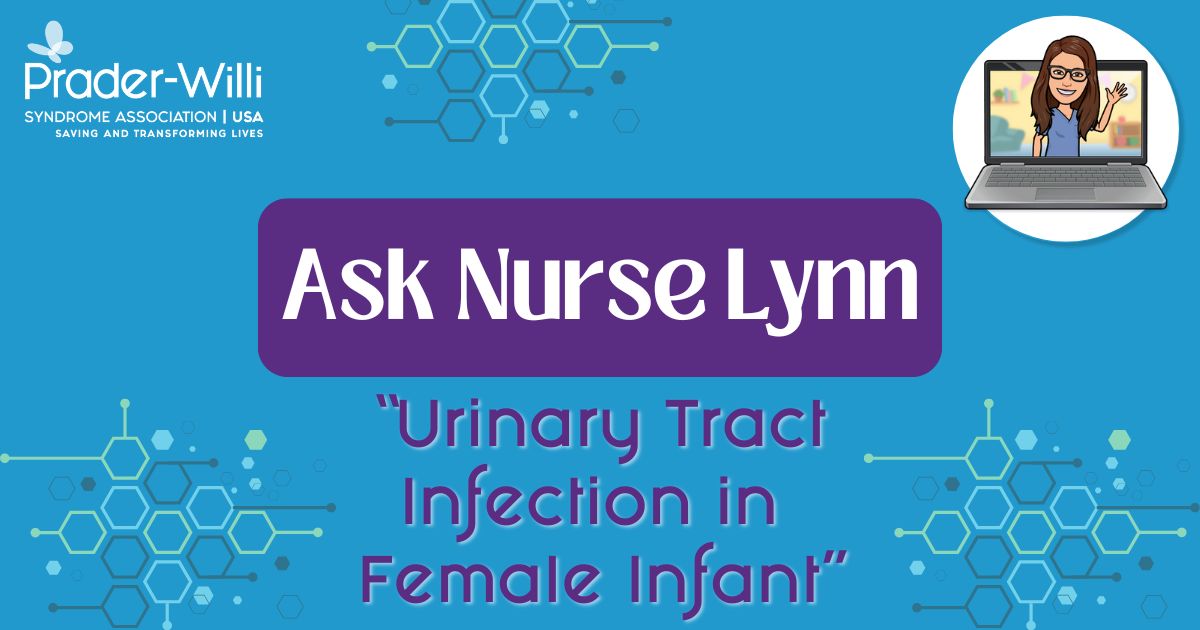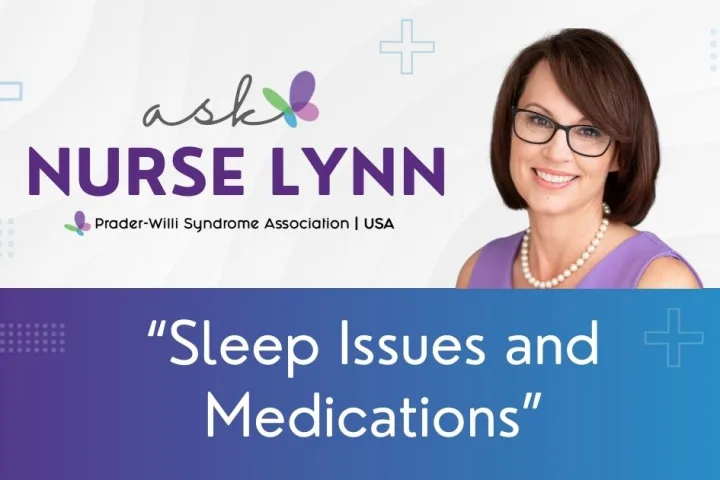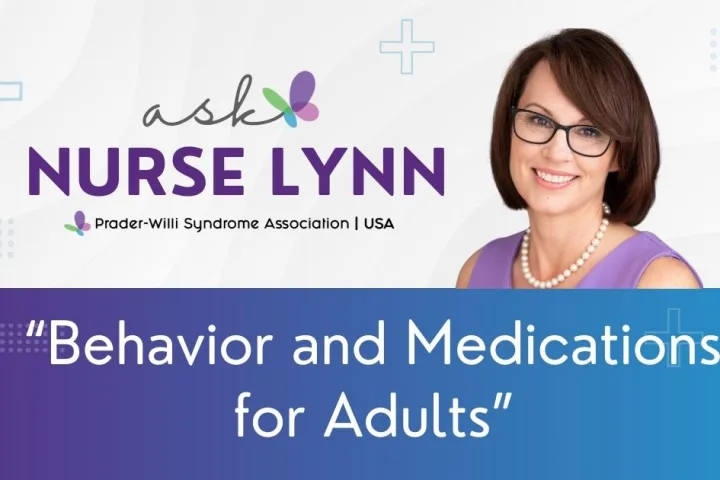Question:
Female, 6 months old, UPD
My 6mo old tested positive for a UTI today (culture result: Klebsiella pneumoniae). She has no other symptoms besides occasional foul-smelling urine. One concern is the duration that the infection has gone untreated. I first noticed her urine about 2 weeks ago but second guessed for a while until a few days ago when I decided it had been long enough, I should get things checked out.
Do I just let the antibiotics run their course and be more proactive next time? Or should I be concerned of a potentially more serious issue at hand that is being masked by her lack of fever, PWS symptoms etc.? The doc mentioned for recurrent cases they rec an ultrasound (this is her 1st) but is that something I should push for? Is the ultrasound time sensitive? Or should it be done after she is over the UTI?
Nurse Lynn’s Response:
Thank you for your question. I am sorry to hear that your daughter has a UTI. Having UTI’s that are undiagnosed can be quite common in our individuals. This is in part due to the high pain threshold and temperature abnormalities in PWS. Some of our older individuals can struggle with personal hygiene issues that set them up for urinary infections also.
I would just let the antibiotics run their course. I assume that a urine culture was done and that came back with the type of antibiotic that would treat her infection. It would not be unreasonable to ask for another UA to be done after her course of antibiotic is finished to make sure the infection is gone. I would not be overly concerned that there is anything more serious going on right now. Now you know to be on the lookout for foul smelling urine or discolored urine you can hopefully catch the infection at an earlier point. (Hopefully there aren’t any more.)
Ultrasounds are typically done with recurring infections to make sure there are no irregularities that would require additional treatment. It may be difficult while she is in diapers but, she should be putting out around the same fluid that she is taking in. For instance, if she is only having 1 wet diaper daily while she is maintaining her normal fluid intake, that would be concerning.
Do you have a question for Nurse Lynn? Submit your question here:
Share this!





 Perry A. Zirkel has written more than 1,500 publications on various aspects of school law, with an emphasis on legal issues in special education. He writes a regular column for NAESP’s Principal magazine and NASP’s Communiqué newsletter, and he did so previously for Phi Delta Kappan and Teaching Exceptional Children.
Perry A. Zirkel has written more than 1,500 publications on various aspects of school law, with an emphasis on legal issues in special education. He writes a regular column for NAESP’s Principal magazine and NASP’s Communiqué newsletter, and he did so previously for Phi Delta Kappan and Teaching Exceptional Children. Jennifer Bolander has been serving as a Special Education Specialist for PWSA (USA) since October of 2015. She is a graduate of John Carroll University and lives in Ohio with her husband Brad and daughters Kate (17), and Sophia (13) who was born with PWS.
Jennifer Bolander has been serving as a Special Education Specialist for PWSA (USA) since October of 2015. She is a graduate of John Carroll University and lives in Ohio with her husband Brad and daughters Kate (17), and Sophia (13) who was born with PWS. Dr. Amy McTighe is the PWS Program Manager and Inpatient Teacher at the Center for Prader-Willi Syndrome at the Children’s Institute of Pittsburgh. She graduated from Duquesne University receiving her Bachelor’s and Master’s degree in Education with a focus on elementary education, special education, and language arts.
Dr. Amy McTighe is the PWS Program Manager and Inpatient Teacher at the Center for Prader-Willi Syndrome at the Children’s Institute of Pittsburgh. She graduated from Duquesne University receiving her Bachelor’s and Master’s degree in Education with a focus on elementary education, special education, and language arts. Evan has worked with the Prader-Willi Syndrome Association (USA) since 2007 primarily as a Crisis Intervention and Family Support Counselor. Evans works with parents and schools to foster strong collaborative relationships and appropriate educational environments for students with PWS.
Evan has worked with the Prader-Willi Syndrome Association (USA) since 2007 primarily as a Crisis Intervention and Family Support Counselor. Evans works with parents and schools to foster strong collaborative relationships and appropriate educational environments for students with PWS. Staci Zimmerman works for Prader-Willi Syndrome Association of Colorado as an Individualized Education Program (IEP) consultant. Staci collaborates with the PWS multi-disciplinary clinic at the Children’s Hospital in Denver supporting families and school districts around the United States with their child’s Individual Educational Plan.
Staci Zimmerman works for Prader-Willi Syndrome Association of Colorado as an Individualized Education Program (IEP) consultant. Staci collaborates with the PWS multi-disciplinary clinic at the Children’s Hospital in Denver supporting families and school districts around the United States with their child’s Individual Educational Plan. Founded in 2001, SDLC is a non-profit legal services organization dedicated to protecting and advancing the legal rights of people with disabilities throughout the South. It partners with the Southern Poverty Law Center, Protection and Advocacy (P&A) programs, Legal Services Corporations (LSC) and disability organizations on major, systemic disability rights issues involving the Individuals with Disabilities Education Act (IDEA), Americans with Disabilities Act (ADA), and the federal Medicaid Act. Recently in November 2014, Jim retired.
Founded in 2001, SDLC is a non-profit legal services organization dedicated to protecting and advancing the legal rights of people with disabilities throughout the South. It partners with the Southern Poverty Law Center, Protection and Advocacy (P&A) programs, Legal Services Corporations (LSC) and disability organizations on major, systemic disability rights issues involving the Individuals with Disabilities Education Act (IDEA), Americans with Disabilities Act (ADA), and the federal Medicaid Act. Recently in November 2014, Jim retired.